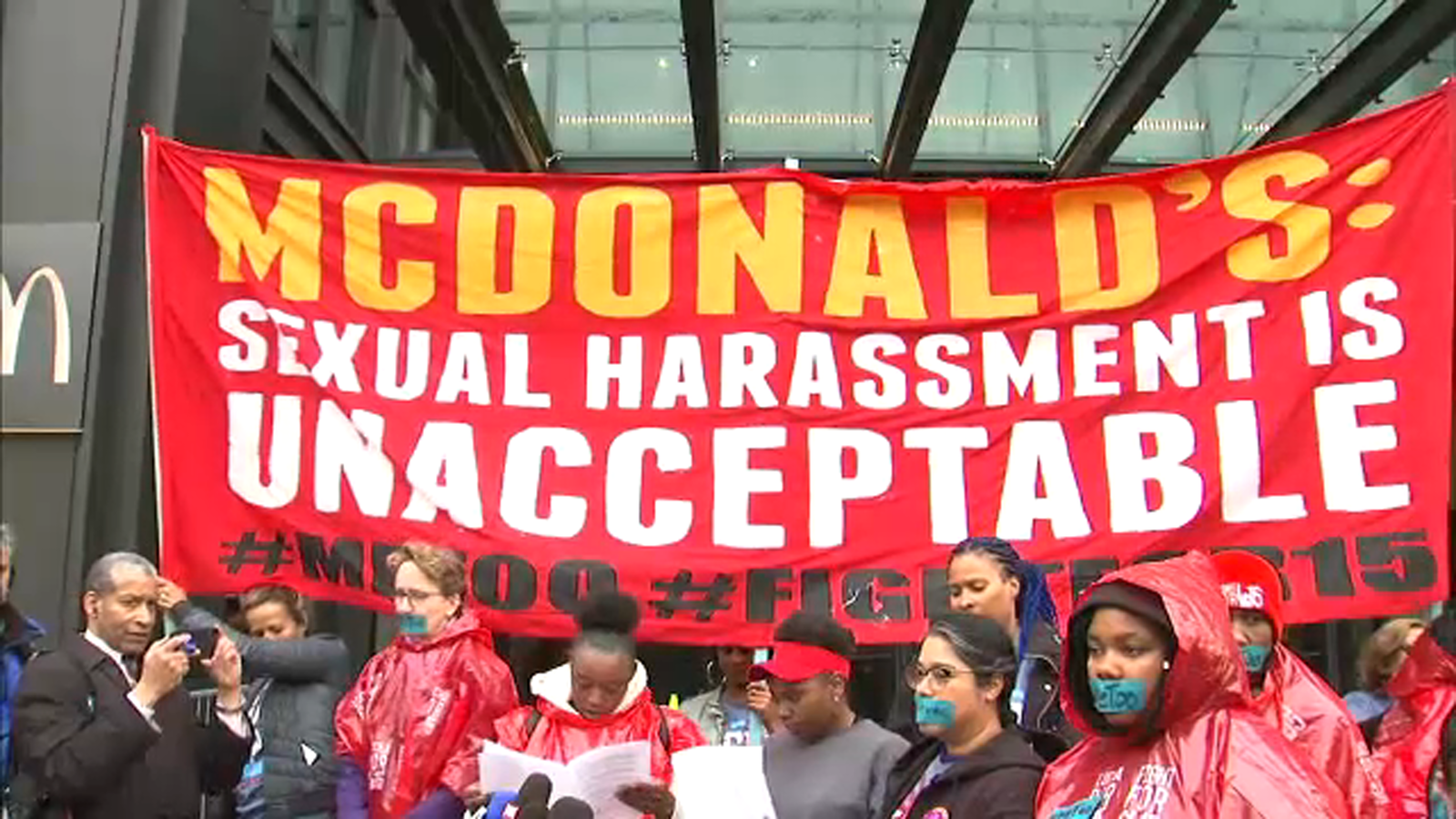On December 17, fast food workers in New York City became the first in the country to win protections against arbitrary layoffs and reduced hours. NYC passed two “just cause” bills that prevent bosses from firing a worker or cutting their hours without giving a valid reason, either economic or related to job performance. This is a historic win for fast food workers who have been declared essential during COVID-19 but are treated as disposable, forced to work without healthcare, a living wage, hazard pay, and paid sick leave. They are often fired without warning or reason. Like many other essential work forces, the majority of fast food workers are Black and Brown people and women, who have suffered the most from COVID-19 and bear the brunt of the exploitation and lack of job security in the fast food industry. But fast food workers have fought back valiantly. They were the first to hold rallies for a $15 minimum wage and have been rallying and striking across the country demanding safety protections and higher wages since the pandemic. We should celebrate every victory for workers, anywhere and everywhere and never forget that it is our collective power that will help us win our long overdue rights.
McDonalds Workers Fight Back in Houston, Dallas, and Other Cities

On May 21, a group of 25 women McDonald’s workers in 20 different cities filed sexual harassment complaints with the Equal Employment Opportunity Commission. In filing these claims, they are helping to expose the rotten culture of sexual exploitation that exists in the food service industry, as well as other industries. McDonald’s top leadership is trying to shirk responsibility by arguing that they are not liable for what goes on in supposedly “independent” McDonald’s franchises, even though franchise holders are little more than glorified sub-contractors. No matter who is the owner of a McDonald’s location, it is still McDonald’s.
On May 23rd, several hundred McDonald’s workers went on strike in 13 cities, including Houston, Dallas, Chicago, Detroit, Kansas City, Los Angeles, Miami, Milwaukee, Orlando, St. Louis, and Tampa. The workers, who were demanding the right to form a union, a $15 minimum wage, and protections from sexual harassment, timed the walkout for maximum impact: they stopped working during breakfast and lunch rushes (hitting the bosses where it hurts—in the pockets), on the day that the company was having its annual shareholder meeting in Dallas. The actions were coordinated by the Fight for $15 campaign, unions, and other labor advocacy groups.
Rita Blalock, a nine-year McDonald’s employee in Raleigh, North Carolina, makes only $8.50 an hour and decided to join the strike. She told a reporter with the Wall Street Journal that, “the best way for us to make our jobs better is by joining together.”
Both the lawsuit and the coordinated strike are promising signs for workers ready to organize in the food service industry.
